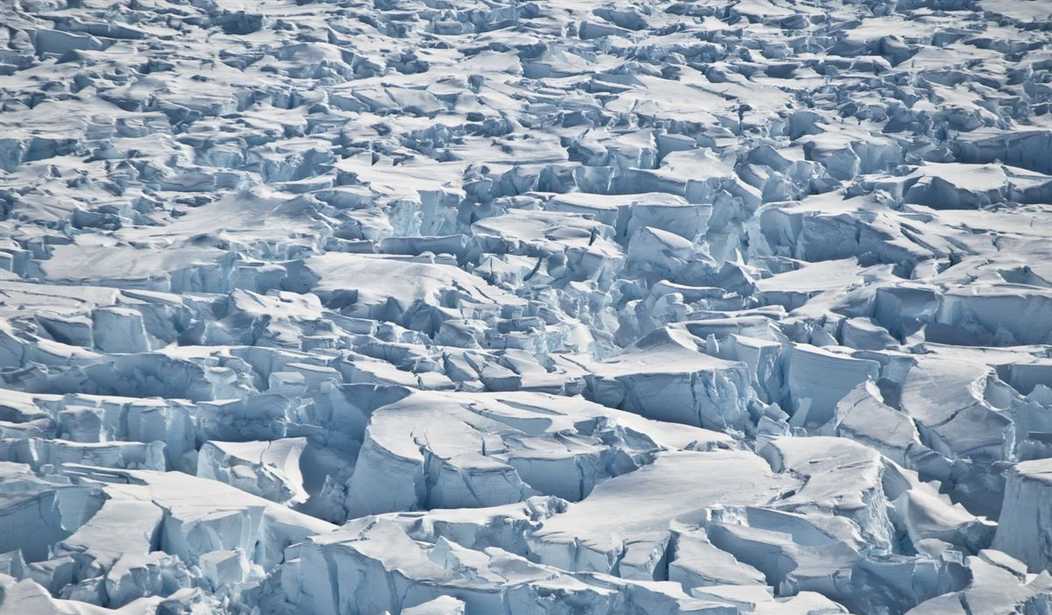You may have seen the news that a huge iceberg calved off of the Brunt Ice Shelf in Antarctica.
Huge is an understatement. Massive is technically correct since it is roughly 500 billion tons, or enough ice to satisfy every Margarita and Daiquiri maker in the world for a few years.
The photos and videos are stunning, and only a few scientists had to suffer frostbite for us to enjoy the view.
An iceberg the size of Greater London has broken off the Antarctic ice shelf pic.twitter.com/5E5dg4aSJW
— Science girl (@gunsnrosesgirl3) January 26, 2023
Lots of wags joked that the British Antarctic Survey broke an unwritten rule in announcing the size of the iceberg; American scientists usually measure icebergs in multiples of Manhattan Island, not in comparison to London. I suppose we now have a new Metric vs. Imperial controversy to suffer through.
What makes this particular event interesting to me is how careful both the scientists and the media have been in noting that this event was not linked to climate change in the least. It was quite noticeable, given how every drop of water melting anywhere in the world is usually interpreted as a signal of doom.
The Brunt Ice Shelf is home to the BAS Halley Research Station, which was moved 23km inland of Chasm-1 in 2016 in preparation for this calving.
'Our glaciologists and operations teams have been anticipating this event,' said Professor Dame Jane Francis.https://t.co/5yJltd3fsx
— British Antarctic Survey (@BAS_News) January 23, 2023
Of course, this calving had nothing to do with temperature–it was simply part of the natural process where Antarctic glaciers accumulate ice over time and flow downhill toward the ocean. Antarctica is actually the continent with the highest average elevation of the land masses on Earth; gravity will draw down the glaciers to the ocean over time.
Usually, though, scientists and the media use every opportunity they can to scare the bejeezus out of us normies, so it was really striking how in this case they didn’t. Literally every single news story I checked–and it was quite a lot of them–prominently noted that the event had nothing to do with climate change.
I am impressed, and attribute it to the good work of the British Antarctic Survey ensuring that everybody knew that the event was normal and expected.
"The calving event is “part of the natural behaviour of the Brunt Ice Shelf” and “not linked to climate change,” BAS glaciologist Dominic Hodgson said in the news release." https://t.co/b9eEYWKO4X
— Resolute Mama (@ResoluteMama) January 26, 2023
Given how frequently I and other conservatives heap scorn on the media and climate alarmists in general for their relentless hype, it’s important to recognize and applaud those times they are responsible and measured.
It would be much easier to both take climate science seriously and trust the sources if they always used caution in describing events. That doesn’t mean ignoring or downplaying events that they believe to be influenced in some way by changes in the climate; that, too, would be irresponsible on their part. If they truly believe that, it should be part of their explanation of the event.
But that isn’t the normal course of things; instead, we get “hair on fire”/”apocalypse on the horizon” every moment of the day. Since that is manifestly untrue, it destroys their credibility with anybody but the credulous.
As I have said before, there is nothing fundamentally implausible about humans influencing the climate over a long period of time. Even without CO2 emissions large-scale land use changes can have significant impacts.
But the data and the analysis we see are often corrupted by politics, and can’t be trusted. So everything devolves into a spitting match between partisans. Most of what you hear is junk science.
There are, I am certain, serious scientists doing good climate science, but the signal-to-noise ratio is terrible, and anything we see in the news media is garbage. We’ve seen the damage that hysteria does to good science–see COVID!, and the hysteria is at least as bad in climate change.
I wish it weren’t so.
BREAKING 🚨: An iceberg the size of London has broken off the Antarctic ice shelf pic.twitter.com/M54RagUQqs
— Latest in space (@latestinspace) January 25, 2023








Join the conversation as a VIP Member